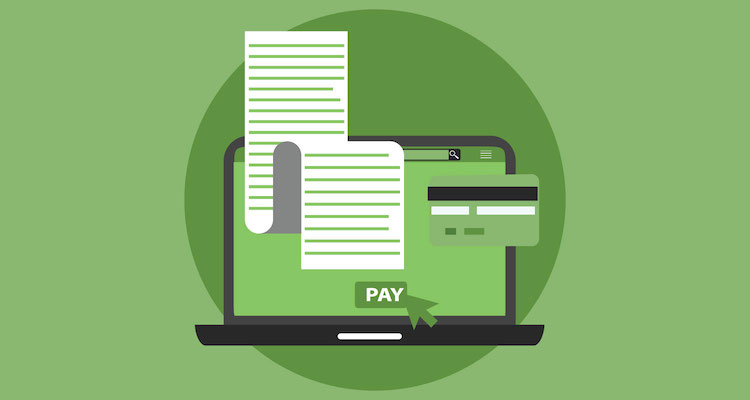At this point we have all seen it. The food truck or stand at the farmers market that has a card reader connected to their mobile phone or tablet. The advancement in technology in the last five years have made the process of accepting credit cards incredibly simple. With the hardware connected to accepting credit cards so cheap, and even sometimes free it just makes sense.
This gizmo has made accepting credit cards and payments something that is within reach for nearly every business owner. More and more stores are starting to switch away from cash as their preferred method of payment.
Stores like Sweegreen, a health food chain, refuses to accept cash payments at all. This is all due to increased convenience and security. This trend, however, isn’t being taken advantage of by all small businesses yet. Forbes reports that 55% of the 27 million small businesses still don’t accept credit cards.
As small businesses start to see the value in accepting cards those “Cash Only” signs are starting to disappear. The trends of the consumer are starting to give businesses no choice but to acknowledge the rise of card and ePayments.
This shift in the payments landscape is expected to have a huge effect on the point of sale cash payments. It is expected that between 2012 and 2019 cash payments will reduce by 10%. During this same period, the payment economy is projected to grow by 11%.
It isn’t just happening with cash since 2000 use of checks has decreased more than 50%. This will only continue as businesses continue to look to get paid faster and more securely.
Table of Contents
ToggleFuture of Small Business Payments: The Cashless Revolution
The shift away from cash started more aggressively in Europe. The Danish government has been actively trying to put cash in its grave by allowing merchants to refuse cash payments. They say that there are high-security costs associated with accepting cash payments.
In the US, the cashless revolution is also starting to form. Startups like Uber refuse to accept cash all together as well. So why would a company like Uber refuse to accept cash payments?
For Uber, not accepting cash allows for better tracking of the performance of their business. On top of that, they cut out the costs of security and transportation of the cash. Almost 70% of Ubers target market say they wouldn’t buy from a business that didn’t accept cards or ePayments.
Cash would have been just a burden to Uber. The only thing cash would do drive up operating costs, complicate, and take away from the core of the business.
What does this all mean for small business owners?
All data at this point indicates cash is not the future. Small businesses that are better prepared to accept ePayments and credit cards will be the ones that flourish.
As these newer forms of payments continue to grow in popularity, they will surely take over cash as the go-to payment in all situations.
Here are a few things for small businesses to consider when deciding on whether or not to accept credit cards and ePayments:
1. If the average price of your product or service is greater than $20, you are missing out not accepting ePayments or credit. The Federal Reserve published data saying over half of the consumers would prefer to pay with a card over cash on such purchases.
This number continues to grow as the price of the product or service increases. With the number of vendors that consumers have as options, this means you could be missing out on that sale.
2. Think about who your clients currently are and who you want you clients to be. The spending habits can be very different between households with different annual incomes.
The Federal Reserve found out in a study that households with incomes over 50,000 prefer to pay not using cash. Households that earn more than 200,000 a year 90% prefer to pay not using cash.
3. High-income households use credit cards for over 40% of their monthly transactions. These households with the most buying power make sense to gear your business towards. The data is clear that the people with the most money prefer not to use cash.
4. One of the biggest drivers when it comes to selecting a vendor is convenience. Making sure your client can pay with their preferred method will increase the chances your business will be the one selected.
What does this all mean for the accountant?
The same goes for anyone working in the accounting space. Accountants that are well versed in the ePayment and credit card space give themselves an advantage. These accountants are the ones that will be the most useful to small businesses moving forward as the payment space changes.
As these new forms of payments continue to become more prevalent, small businesses need their advisors to be capable of giving sound advice. Accountants that can distinguish themselves and grow as the payment space grows will continue to provide more value to their customers. This includes helping companies chose which payment providers to use.
How is Due helping small businesses take advantage of these payment trends?
Since Due started a few years back, they have taken steps to eliminate barriers. They ensure that every Due user can help their business towards accepting credit card and ePayments. Due users globally can accept credit card payments via partners such as PayPal.
Beyond online credit card payments, Due is always researching new payments tools to ensure that its users have the best and newest payment options available to them moving forward.















